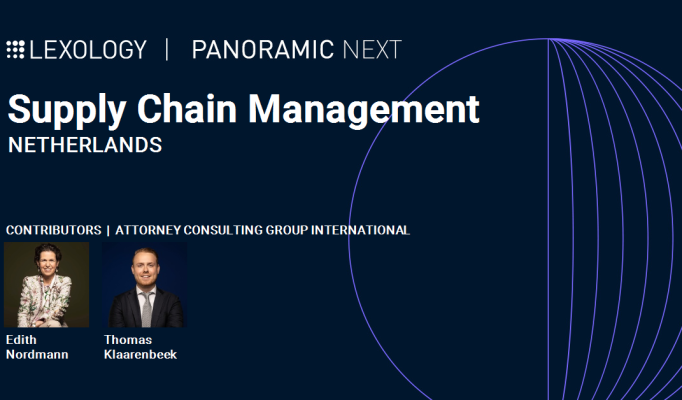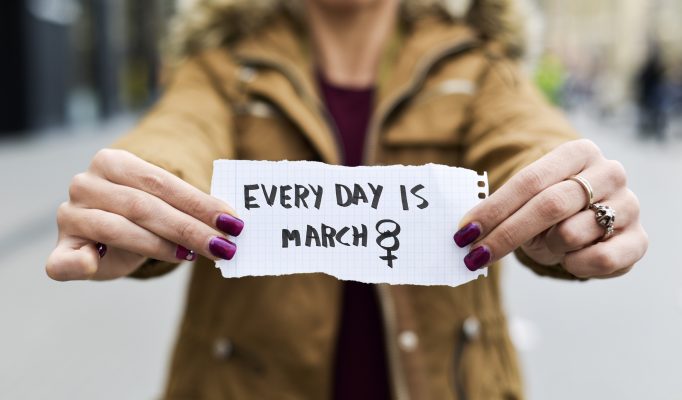Many clients assume they can access their funds at any time—and in whatever form they choose. But a recent ruling by the Amsterdam District Court (Judgment of 12 June 2025, ECLI:NL:RBAMS:2024:8894) shows that reality is more complicated.
The Case: Fashion One Europe B.V. v. ING Bank
The Dutch company Fashion One Europe B.V. held two business accounts with ING Bank. In September 2019, ING terminated the entire banking relationship, citing unresolved issues in the context of its Know Your Customer (KYC) and Anti-Money Laundering (AML) obligations.
ING granted the company a three-month period to transfer its funds elsewhere. When this did not happen, ING transferred the remaining balance—nearly EUR 492,000—to an internal account in December 2019.
In 2020, Fashion One requested the money back, but only in cash.
The bank refused, arguing that a cash withdrawal of this size was unsafe, logistically impossible, and no longer part of ING’s services. A transfer to another account in the company’s name, however, was offered at any time.
The Parties’ Arguments
Fashion One Europe B.V.
- Had an undisputed claim against ING.
- Was under no obligation to open a new account.
- Therefore insisted that the balance could only be paid out in cash.
ING Bank
- Cash withdrawals of this magnitude pose serious security risks.
- Branches are no longer equipped for such transactions (no vaults, no secure facilities, no cash transport arrangements).
- It would be disproportionate to require a bank to hand over almost half a million euros in cash.
- A bank transfer to an account in the client’s name was the only reasonable option.
The Court’s Reasoning
The Court confirmed that the claim to the funds was undisputed. The sole question was: in what form must payment be made?
Under Article 6:112 Dutch Civil Code, a creditor can generally demand payment in legal tender—cash as well as transfers. But this right is not unlimited. Principles of reasonableness and fairness can restrict it where a cash demand is unreasonable.
The Court accepted ING’s position:
- Security risks were real and substantiated.
- Branches are no longer structured for large cash operations.
- Organising cash transport is not a standard bank service.
- Most importantly, Fashion One failed to adequately contest these arguments.
Outcome:
- Payment only via transfer to an account in the company’s name.
- No obligation to pay in cash.
- Fashion One ordered to pay litigation costs.
Legal Context
- Termination of Bank Relationships
Banks may terminate relationships if compliance risks arise and KYC/AML duties are not satisfied. This right is rooted in general terms and conditions and supported by EU law, including the 5th and 6th AML Directives. - Right to a Basic Account – but only for Consumers
Under the EU Payment Accounts Directive (2014/92/EU), every EU resident has the right to a basic account. Banks cannot arbitrarily terminate such accounts. - No Such Right for Companies
Businesses have no statutory entitlement to a bank account. If a bank closes the relationship, a company may be left without banking access, effectively blocking its own funds.
Why This Case Matters
- This is not about fraud or crime—it is about compliance and formality.
- Even undisputed balances can remain inaccessible for years if no account exists.
- The demand “it’s my money, I want it in cash” meets both practical and legal limits.
Practical Guidance for Businesses
- Act immediately: If your bank raises questions about transactions, business activities, or beneficial owners, seek legal advice at once.
- Respect deadlines: ING’s three-month period would have sufficed to secure the funds. Doing nothing leads to dead ends.
- Cancellations are often preventable: In our experience, many terminations can be avoided with a timely, well-reasoned response. Often a short consultation is enough.
- Do not ignore warning signs: Waiting passively risks exactly the outcome in this case—account closed, funds blocked, and no new bank willing to open an account.
- Invest early in advice: A short legal intervention at the start usually saves years of costly litigation later.
Conclusion
The Amsterdam Court made clear:
- Even uncontested funds can remain blocked if demanded solely in cash.
- Banks can legitimately rely on security and compliance arguments.
- Companies lack the safety net of a statutory right to a basic account.
Key takeaway: If your bank sends you a compliance-related letter or threatens to terminate the relationship, act immediately. With the right legal support, termination can often be avoided—and your money remains accessible, rather than frozen for years.
How We Can Help
At ACG International, our compliance and banking law experts regularly assist clients facing account closures, frozen balances, and KYC/AML disputes. In most cases, a short call is enough to prevent major complications later.
📞 Contact us today—before a small issue turns into years of blocked funds and costly litigation.


